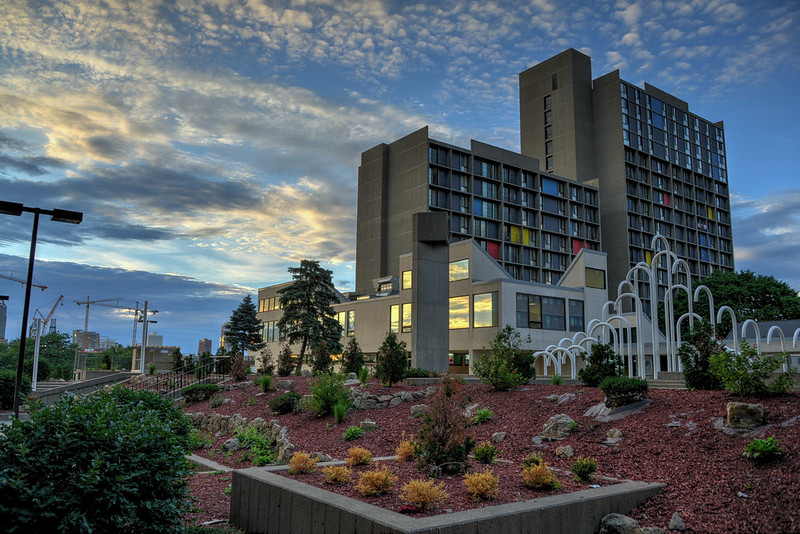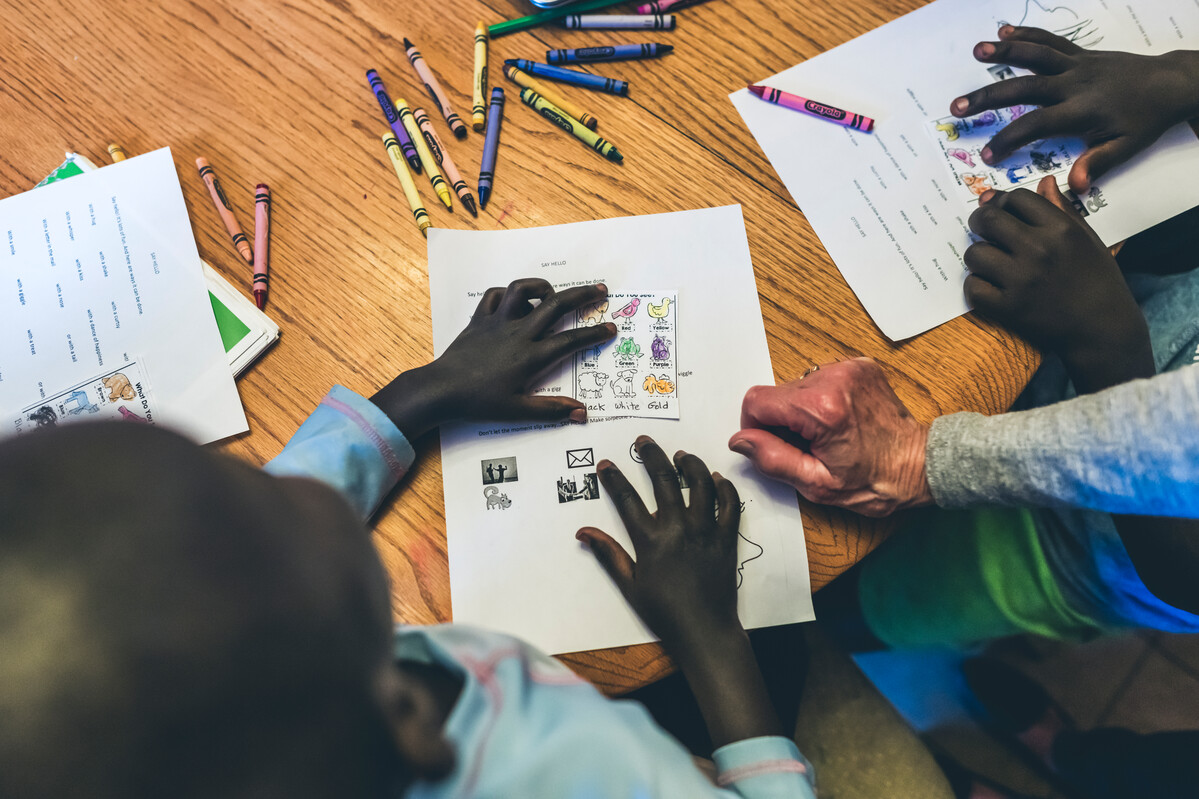Why we defend — and still foster — the American dream
As refugee resettlement policies shift under the current administration, our agencies remain committed to preparing the way for deserving new Minnesotans.
The dream, he wrote, was of “a land in which life should be better and richer and fuller for everyone” — a land that every American who came before, and each who has come after, has sought to replicate.
The values embodied by this dream — hard work, determination, self-initiative — define the expectations placed on each person who calls our country home, without exception. They set a standard of excellence that has built, re-imagined and rebuilt our country, time and time again.
And in our years of working throughout Minnesota with people with refugee status who seek to rebuild lives in the wake of unimaginable conflict, displacement, loss and trauma, we see how these very same expectations are met by those who, despite not having been born here, understand that embracing these values is the only viable path to success.
[pullquote style=”left” quote=”dark”]this program has propelled individuals — who did not make the choice to leave their homelands — toward lives that allow them to reflect back the very ideals this country offered them upon their arrival[/pullquote] In the nearly four decades since the Refugee Act of 1980 established the refugee resettlement program that is now so intensely scrutinized by the current administration, more than 3 million individuals have entered the U.S. with refugee status. With the ultimate goal of achieving economic self-sufficiency “as quickly as possible,” this program has propelled individuals — who did not make the choice to leave their homelands — toward lives that allow them to reflect back the very ideals this country offered them upon their arrival, by pursuing education, building careers, opening businesses and creating better futures for their children.
You may know some of them. They are your co-workers, your accountant, the health aide attending your elderly father, the farmer down the road. They are the family operating the store on the corner, and they are the parents of the child your daughter will become best friends with when she starts kindergarten in the fall.
But instead of continuing to welcome these ordinary people with extraordinary stories into the folds of our communities, we are being told that those who are most in need of safety — indeed, people who have been so dramatically stripped of their own safety — are somehow different from us and do not belong here.
The consequences of this shift are difficult to ignore. Families separated for decades have been further dislocated due to policies dramatically limiting resettlement in general, and for people of certain nationalities in particular. As of the end of May, 14,331 people have been admitted to the U.S. as refugees this federal fiscal year, in contrast to 41,423 at the same time in 2016.
Because of the administration’s new policies, the infrastructure and volunteer networks that make places like Minnesota uniquely positioned to help people with refugee status establish roots are finding it difficult to maintain staff, knowledge and experience. Years of hard work and commitment so representative of our strong civic culture are being challenged.
Shamefully, this shift is happening in the midst of the world’s worst refugee crisis in recorded history — when more than 68.5 million people around the globe have been displaced from their homes, of whom nearly 25.4 million are refugees. As a country, we have chosen to respond to this global crisis by closing the door to those who could otherwise help enrich the next chapter of our American dream. [pullquote style=”right” quote=”dark”]Now more than ever, all of us are needed to continue Minnesota’s long-standing tradition of welcoming the stranger in solidarity as one human family.[/pullquote]
Catholic Charities of St. Paul and Minneapolis recently announced it will be closing its refugee resettlement services this fall “as a direct result of the administration’s policies that have made maintaining the program infeasible.”
And yet, despite all of this, we as a community do not lose our voice. Now more than ever, all of us are needed to continue Minnesota’s long-standing tradition of welcoming the stranger in solidarity as one human family.
So contact our offices and ask how you can get involved. Hold politicians accountable for their unwillingness to stand up for our friends, our new Americans. Be kind the next time someone’s response to your question of “How are you doing?” is simply a smile.
All the while, we will keep working, building and dreaming so that communities in Minnesota and around the country remain strong — so that this land, our land, remains a better, richer, fuller place for everyone — not just for the neighbors we already know, but for those we have also yet to meet.
Bob Oehrig is executive director and Michelle Eberhard is director of refugee arrival services of Arrive Ministries. Tim Marx is president and CEO of Catholic Charities of St. Paul and Minneapolis. Robert Tereba is executive director of Catholic Charities of Southern Minnesota. Jane Graupman is executive director of the International Institute of Minnesota. Jodi Harpstead is CEO of Lutheran Social Service of Minnesota. The Rev. Curtiss DeYoung is CEO of the Minnesota Council of Churches.
This article originally appeared in the Star Tribune on July 4, 2018.




